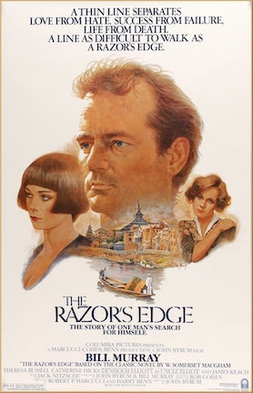For many years social media has been a big part of my life. I’ve used mostly Twitter, but also Facebook and LinkedIn, and to a lesser extent Instagram. I also engage on Snapchat with my family, and I love the creativity of TikTok. But I don’t spend a lot of time on any of these.
Actually, about 3-4 times a week I do go to TikTok and spend a half hour being entertained, but not producing anything, just watching. To me this is more like TV than social media. I don’t watch TV regularly, but I’ll ‘tune in’ to TikTok for 30 minutes, then my phone tells me that I’ve used up all my time. I set the time limit because I found that I could easily switch from 30 minutes of entertainment to an hour plus of wasted time. So, while I engage with TikTok for a few 30 minute stints a week, it’s entertainment rather than engagement. Occasionally I’ll tweet a really clever TikTok.
Beyond that, I really just auto-post my blog to Twitter, Facebook, and LinkedIn, then later that day see if anyone has engaged with those posts. I also respond to any engagement people have with me, such as someone tagging me with @datruss on Twitter. So I go in as an observer, and respond if addressed directly. Yes, I might do a bit more while I’m there, but I’m not usually engaged for more than 5-10 minutes.
This is far less than I used to engage. Twitter was my go-to place to share what I was learning and to read links that inspiring educators shared. I used to be fully engaged with Twitter as a learning tool. But now I listen to audiobooks and podcasts or conversations on ClubHouse. I do this mostly when working out or when in transit, or while doing things like grocery shopping. And social media doesn’t engage my attention too much more than that.
Interestingly, I think what I do on social media is still a lot compared to others in my age bracket. I don’t pretend that I’m not using these tools at all, or that they don’t take any of my time… they just take less time than they used to.
I remember a conversation with someone about my time spent on social media, and this person spent no time on any of the tools and was questioning how I found the time? I asked if he watched TV? Was he a sports fan and did he watch sports on TV? Did he watch the news? The answers were yes, yes, and yes, and he easily consumed more television than I consumed social media. I could include my daily writing here on my blog and the math still leaned in the direction of more time spent by him on television than me on social media.
But if I’m honest, minus this blog I’ve been using social media more for entertainment than engagement, consumption rather than production. It has been a slow shift over the past few years. This is an observation not a call to action. I don’t think I’ll be changing this any time soon. That said, producing a daily blog since July 2019 is far more online social sharing than almost anyone I know, so my online engagement is still weighted towards production rather than consumption… And, anyone watching TV for the same amount or more time a week can’t say the same.














